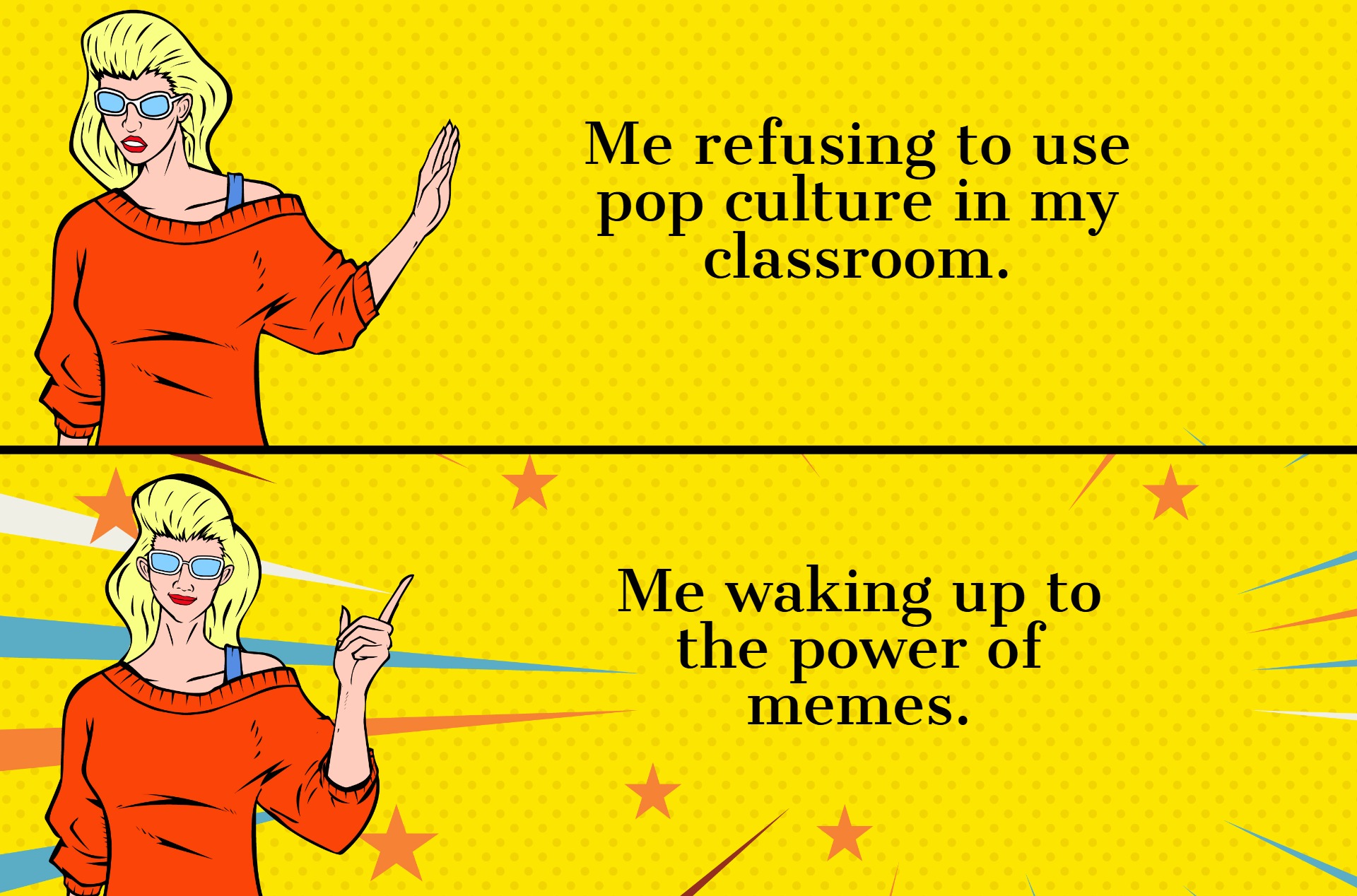Staying connected, or not: views of a still very active professor
Academic retirees are likely to consider scholarly activities but should remember that retirement offers the freedom to choose.

We are individuals, unique and varied in our interests, desires and talents. When we leave our paid, full-time positions as academics, we may choose one of many paths. Fulfilment is as diverse as we are: some wish to pursue existing academic endeavours; others relish new challenges. Perhaps all of us hope for more time to relax! In my circles, many colleagues choose to volunteer their services to groups within the university and the wider community.
If one wishes to continue to engage with students, former faculty colleagues, and researchers in one’s specialized area of expertise, is there a promising way to achieve one’s goals?
In a Globe and Mail article, Joyce Effinger wrote: “Retirement means having the freedom to choose what you do.” I would qualify this by noting that it helps to have resources such as money, time, and supportive friends and family. Then, one has more capacity to make choices that enable us to pursue our goals. For example, if I want to go to a conference where I can present a paper, meet colleagues, and remain somewhat “known” in my field, I may have to pay the entire cost of the conference registration, travel and living expenses. But this will be money well spent if it helps me achieve my goal of remaining in touch with key people. Further, it gives me visibility.
Essentially, I think you should do whatever you think is necessary to stay prominent. It may be writing letters to the editor, publishing in journals and other publications, accepting media invitations, going to lectures and asking questions – whatever it takes to keep you visible.
Why is that important? It demonstrates that you have a passion, a focus, something to offer to others. People are attracted to someone who seems reasonable and is committed to a project or a movement. My social work friends are working on developing a new association in Alberta that will work to protect human rights of marginalized individuals and promote the elimination of poverty. All of them are busier than ever as “retirees.” I’m not keen on that term as it connotes disengagement and diminishment of brain power – none of which is applicable.
A side note: in the mid-1960s, disengagement was a popular theory that proposed that older persons inevitably became less active. For my master’s in social work thesis, I interviewed 15 adults who were over age 65 in relation to their previous and current activity levels. The only ones who had lower levels of social and other kinds of activities were those with health issues that interfered with their mobility. All wanted to retain their previous levels of activity, but physical health was a key factor in determining what they could do.
With respect to academics remaining active in their fields for as long as they wish, I conclude that there is no need to prompt persons to stay engaged. Granted, it hasn’t been as easy, during COVID times, when travel was curtailed, and one couldn’t readily even find former colleagues in closed universities. Generally, contact with students and colleagues is facilitated when there is a designated office for former employees. However, my message remains: stay focused on what is important to you and have fun!
Mary Valentich is a professor emerita in the faculty of social work at the University of Calgary.
The College and University Retirees Associations of Canada/Associations des retraités des universités et collèges du Canada (CURAC/ARUCC) is a not-for-profit federation of retiree associations at colleges and universities across Canada, operated by a volunteer board of directors. Further information, including a listing of member RAs, is available at www.curac.ca or from [email protected]. The two university professors emeriti who are co-directors for the CURAC/ARUCC University Affairs column are Carole-Lynne Le Navenec and Fred Fletcher.
Featured Jobs
- Canada Excellence Research Chair in Forest Biodiversity Conservation (Full Professor)University of New Brunswick
- Canada Excellence Research Chair in Computational Social Science, AI, and Democracy (Associate or Full Professor)McGill University
- Business – Lecturer or Assistant Professor, 2-year term (Strategic Management) McMaster University
- Psychology - Assistant Professor (Speech-Language Pathology)University of Victoria
- Veterinary Medicine - Faculty Position (Large Animal Internal Medicine) University of Saskatchewan













Post a comment
University Affairs moderates all comments according to the following guidelines. If approved, comments generally appear within one business day. We may republish particularly insightful remarks in our print edition or elsewhere.